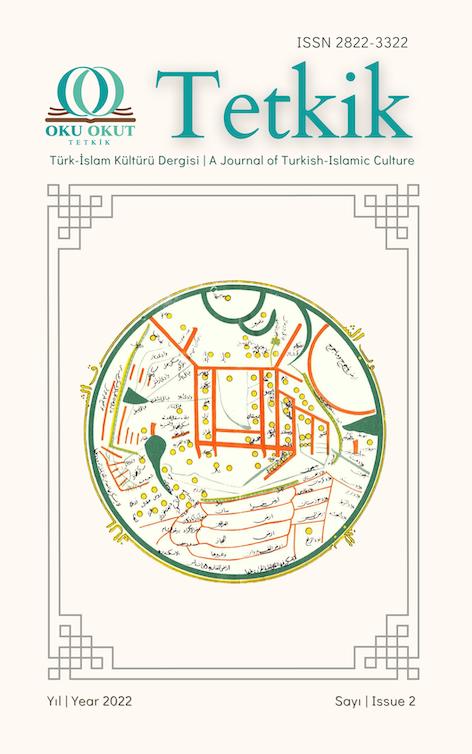Malay Dünyasında Reformist Bir Hareket Olarak Kaum Muda: Endonezya ve Malezya Örneği
Kaum Muda as a Reformist Movement in the Malay World: The Case of Indonesia and Malaysia
Author(s): Eyyüp TuncerSubject(s): Islam studies, Contemporary Islamic Thought, Qur’anic studies
Published by: Oku Okut Yayınları
Keywords: Tafsīr; Malay World; Nusantara; Kaum Muda; Kaum Tua; Reformists; Traditionalists;
Summary/Abstract: The main aim of the Kaum Muda movement, which emerged in the Malay world at the beginning of the 20th century, was to return to the basic sources of Islam. The common denominator of the people involved in this movement was to return to the “Original Islam”, which they described as pure, and to save society from its opposite, “traditional Islam”. In this context, united around the motto of “Return to the Qur’an and Sunnah”, they advocated reform, tajdid, and ijtihad. They have taken a harsh stance against all practices that they consider to be the product of imitation, superstition, and innovation. Kaum Muda was seriously influenced by Wahhabi in the first period, and then by the al-Manar school. In addition, Malaysian reformists have been in warm contact with the Dihlavi-Sindi School. From this point of view, they tried to spread their thoughts through publications such as newspapers and magazines, educational institutions they opened and religious organizations they established. However, it was not easy to spread these thoughts, and they came face to face with the Kaum Tua movement, representing the traditionalist understanding of Islam. As a result, serious discussions have been made about religious issues in the Malay world, and important refutation literature has emerged in this regard. In addition, Kaum Muda has brought many new works in the fields, such as tafsīr and hadith, to the Malay-Indonesian literature, depending on the claim of the Qur'an and Sunnah.
Journal: Tetkik
- Issue Year: 2022
- Issue No: 2
- Page Range: 337-379
- Page Count: 43
- Language: Turkish

